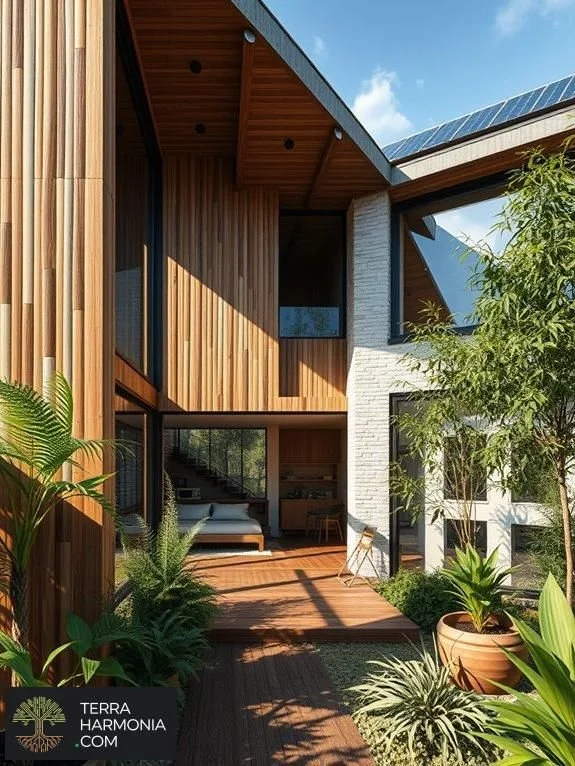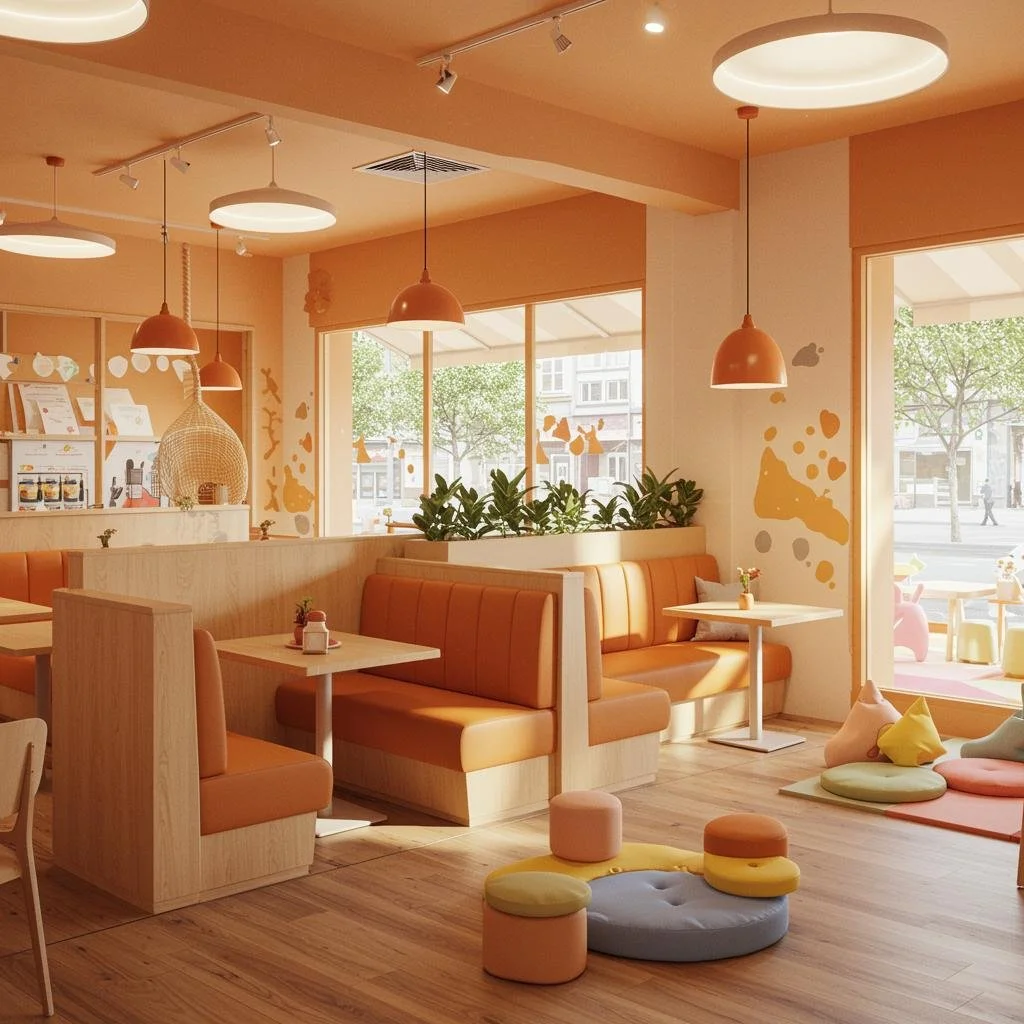Exploring The Environmental Benefits Of Commercial Solar PV Installation
As sustainability becomes a central focus for businesses worldwide, commercial solar photovoltaic (PV) installations are gaining popularity as a practical solution to help achieve environmental goals. By transitioning to solar energy, companies can take significant steps toward reducing their environmental impact while benefiting from long-term savings and enhancing their corporate image.
Designed to encourage innovation, this solar-powered building is wrapped in large, glazed panels that let in an ample amount of natural light and panoramic views of the surrounding countryside. inhabitat.com
In this article, we take a deeper dive into the various ways commercial solar PV installations contribute to environmental protection.
No. 1
Promoting Energy Independence
A major advantage of solar energy is its ability to help businesses become less reliant on traditional grid power. Many commercial properties depend on local or national energy suppliers that may still be heavily reliant on fossil fuels.
By generating their own solar energy, businesses can reduce their reliance on these external sources, leading to greater energy independence. This energy autonomy not only shields businesses from rising energy costs but also enhances their resilience to power outages or disruptions in the energy grid.
As more businesses adopt solar PV, this shift promotes greater decentralization of energy generation, helping to create a more sustainable and reliable energy system. By investing in commercial solar PV installation, businesses can significantly reduce their environmental impact while benefiting from a reliable, sustainable energy source.
No. 2
Reducing the Urban Heat Island Effect
Urban areas are known to absorb and retain heat more than rural areas, a phenomenon known as the “urban heat island effect.” This occurs as buildings, roads, and other surfaces absorb sunlight and radiate it as heat. Solar panels can help mitigate this effect by absorbing sunlight and converting it into energy instead of allowing it to heat the surrounding environment.
Installing solar PV systems on rooftops or other surfaces helps reduce the overall temperature in urban areas, contributing to cooler cities and a more comfortable environment. This can result in lower demand for air conditioning, which in turn decreases the use of energy and lowers greenhouse gas emissions.
No. 3
Enhancing Biodiversity Conservation
By reducing dependence on traditional energy sources, solar PV installations contribute indirectly to the conservation of biodiversity. Fossil fuel extraction and the associated infrastructure can cause habitat destruction, leading to the displacement of wildlife and the disruption of ecosystems. Solar energy, however, has a much smaller physical footprint, particularly when deployed on existing structures like commercial rooftops.
In addition to its minimal land use, solar energy production does not result in water pollution or habitat disruption, making it a much more eco-friendly alternative for businesses looking to protect biodiversity and reduce their environmental footprint.
Houzz
Looking for professional solar panel installation? Discover top-rated experts on Houzz today!
No. 4
Supporting Green Supply Chains
Solar PV installations also have a positive ripple effect across the supply chain. By switching to solar energy, companies encourage suppliers and partners to explore their own renewable energy options. This can promote broader industry-wide shifts towards sustainability, encouraging a culture of eco-consciousness in all areas of business operations.
Moreover, by investing in renewable energy, businesses can demonstrate their commitment to environmental responsibility. This often leads to stronger relationships with customers who prioritize sustainability, and can result in the company being viewed as a leader in corporate responsibility.
No. 5
Minimizing Waste Through Sustainable Technology
The materials used in solar panels are becoming increasingly sustainable, with many manufacturers now prioritizing recycling and the use of eco-friendly components. The solar industry is working toward reducing the environmental impact of solar panel production, ensuring that solar technology itself contributes to a circular economy.
This means that not only does a commercial solar installation help reduce environmental harm, but it also supports responsible material management and waste minimization throughout its lifecycle. Panels are now being designed to last longer, with better efficiency and fewer toxic chemicals used in their construction, which leads to a cleaner and more sustainable product overall.
No. 6
Long-Term Commitment to the Planet
While the immediate benefits of solar energy are evident, the long-term environmental impact of commercial solar PV installations should not be underestimated. Over their lifespan, solar systems continue to provide clean energy with little ongoing maintenance, allowing businesses to reap the environmental benefits year after year.
This long-term commitment to renewable energy can be a key part of a company’s broader sustainability strategy, demonstrating a genuine, lasting commitment to environmental stewardship. For businesses looking to enhance their eco-credentials and future-proof their operations, solar PV offers an impactful solution that continues to deliver environmental benefits for decades.
Takeaways
Commercial solar PV installation is more than just a technological upgrade—it’s a commitment to reducing environmental impact, conserving resources, and promoting sustainability across industries. From fostering energy independence to supporting biodiversity and reducing waste, the environmental advantages of solar energy are significant and far-reaching.
Looking for Business Resources?
Are you seeking ways to elevate your business to new heights? Dive into the array of resources provided by our esteemed business partners designed to empower your ventures.































